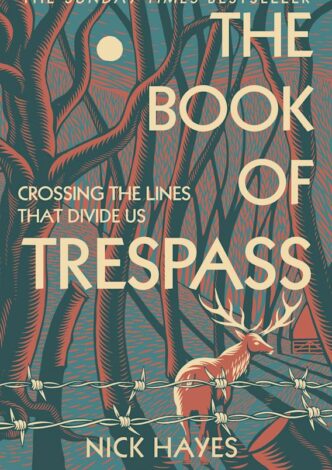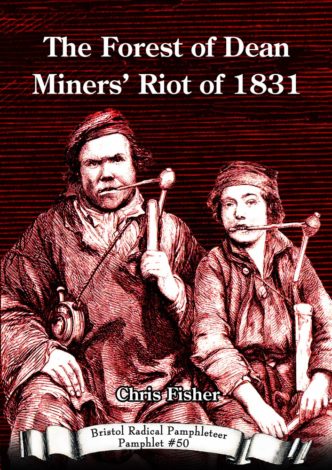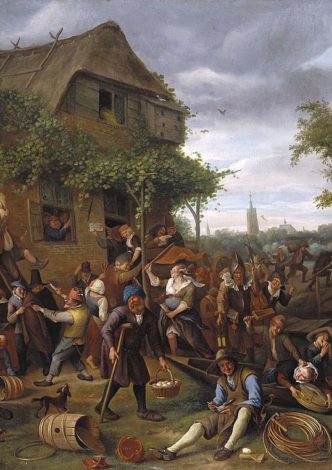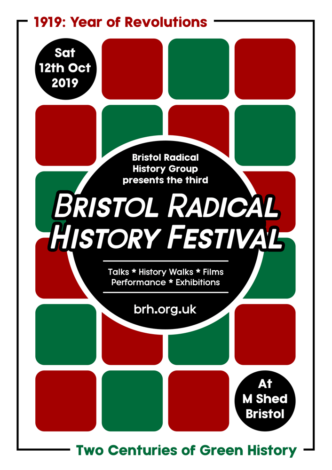The Book of Trespass
By Nick Hayes
…the fences that divide England are not just symbols of the partition of people but the very cause of it. Bristol Radical History Group subscribers will find inspiration in Nick Hayes’s book. He sets out to trespass on a range of properties and rivers throughout England, defiantly ignoring the fact that he – and we - are excluded from 92% of the land in England and 97% of its waterways. In the course of his walk descriptions, Nick Hayes reveals some surprising historical heroes – […]





